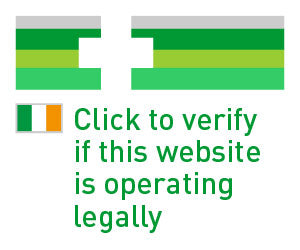Skin Conditions - Living with Acne

What is Acne?
Acne is a common skin condition that develops when your hair follicles become clogged with oil and dead skin cells. The blocked pores will result in whiteheads, blackheads, or pimples. Although it affects people of all ages, acne is most prevalent among teenagers. The breakouts typically affect the face, but they can also affect the back, chest, and shoulders.
What are the signs of Acne?
Acne signs vary depending on the severity of your condition:
- Whiteheads (closed plugged pores)
- Blackheads (open plugged pores)
- Small red, tender bumps (papules)
- Pimples (pustules), which are papules with pus at their tips.
- Large, solid, painful lumps under the skin (nodules)
- Painful, pus-filled lumps under the skin (cystic lesions)
Potential triggers of Acne:
- Hormonal changes brought on by puberty or pregnancy.
- Polycystic ovarian syndrome (PCOS) and other endocrine disorders
- Smoking cigarettes
- Insufficient sleep
- Stress
- Cleansers, lotions, moisturisers, and other cosmetics with a lot of oil
- Certain drugs, like lithium, some hormonal birth control, anti-epileptic drugs, and steroids
- A family history of acne

How to treat acne at home:
- Products with Alpha Hydroxy Acids, or AHAs (Glycolic or lactic acid) are very beneficial by removing the top layer of old damaged skin cells, revealing smoother, brighter skin. Glycolic or lactic acid based products include serums, masks, toners, or cleansers. Applying these directly to the skin will unclog pores from the skin's surface, unveiling a more youthful-looking skin.
- Active cleansers will help to treat breakouts by removing the build-up of dead skin cells in the pores. It is recommended to use an active cleanser daily. Additionally, incorporate a product infused with BHAs (beta hydroxy/salicylic acid) that can effectively penetrate through the oily layers.
- To keep the pores clean and decrease their appearance, apply a toner on a regular basis. Use an active toner to assist in removing the dead skin cells that may be causing blockages and breakouts.
- Use a treatment moisturiser, suited to your skin type, until your acne breakout is under control. Following this, you can switch to a barrier moisturiser.
- Wear sun protection factor (SPF) every day to prevent yourself from premature ageing, skin cancer and scarring. Your skin is more sun sensitive after using AHAS so it’s important to protect it. Try to look for oil-controlling SPF and avoid products that contain oil to regulate oil production in the skin.
Browse our skin care range aimed at people suffering from acne:
If over-the-counter medications are ineffective, consult your doctor. If you leave acne untreated, it can worsen.
Acne treatments can be divided into 3 main categories:
- Topical treatments - creams and ointments in the form of cleansers, gels, toners and creams that are applied directly to the skin.
- Tablets – Oral antibiotics or medications that work throughout the body.
- Other treatments – some include, steroid injected into the acne lesion, light and laser devices and chemical peels to reduce acne scars.
Sources: HSE.ie and Irish Skin Foundation



